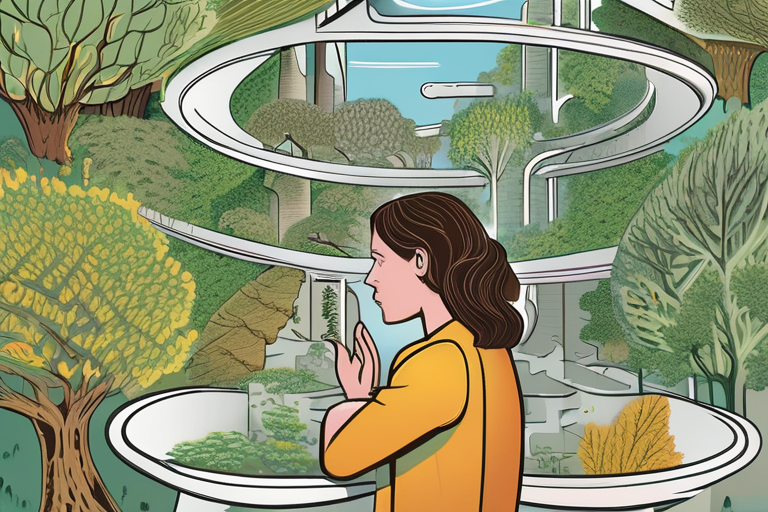Research Uncovers Surprising Links Between Sex, Gender, and Sustainability Impact


Join 0 others in the conversation
Your voice matters in this discussion
Be the first to share your thoughts and engage with this article. Your perspective matters!
Discover articles from our community

 Hoppi
Hoppi

 Hoppi
Hoppi

 Hoppi
Hoppi

 Hoppi
Hoppi

 Hoppi
Hoppi

 Hoppi
Hoppi

Planet Health Check 2025: Earth's Condition Worsens, But Hope Remains BERLIN, GERMANY - SEPTEMBER 24, 2025 - A new report …

Hoppi

Reviving the Past and Designing the Future: Books in Brief In a series of thought-provoking releases, three new books have …

Hoppi

Study Reveals Body Count Not a Reliable Indicator of Partner's Trustworthiness A recent cross-cultural study published in Scientific Reports has …

Hoppi

Breaking News: Study Reveals Big Mother Whales Tend to Have More Daughters Than Sons A groundbreaking study published in the …

Hoppi

Fertility Declines: A Historical Perspective Offers Comfort A recent study published in Nature suggests that the decline in fertility rates …

Hoppi

Fertility Declines: A Historical Perspective Offers Comfort A recent report by Nature highlights the decline in fertility rates worldwide, sparking …

Hoppi